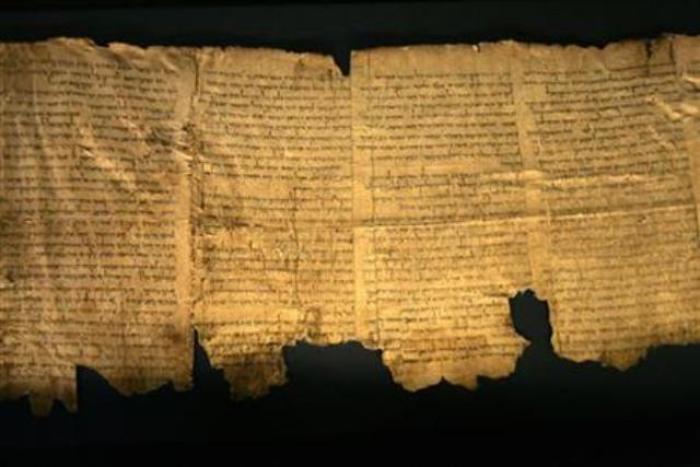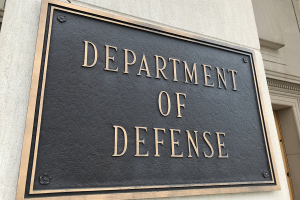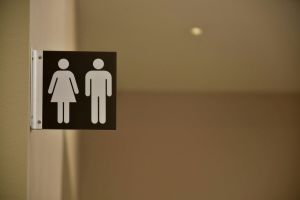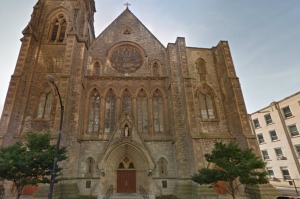Archaeology Discovery: 12th Cave Containing Dead Sea Scrolls Found, but Biblical Texts Stolen

Israel's Hebrew University has announced the discovery of a cave in the Judean desert, the first of its kind in 60 years, which once housed the Dead Sea Scrolls, some of the oldest biblical texts in existence.
BBC News reported that the although storage jars, fragments of scroll wrapping, and other artifacts connected to the scrolls were found at the site, the ancient parchments themselves were missing, and are believed to have been looted by Bedouin people in the 1950s.
"Until now, it was accepted that Dead Sea Scrolls were found only in 11 caves at Qumran, but now there is no doubt that this is the 12th cave," said Oren Gutfeld, one of the leaders of the excavating team from the Hebrew University of Jerusalem.
"Although at the end of the day no scroll was found, and instead we 'only' found a piece of parchment rolled up in a jug that was being processed for writing, the findings indicate beyond any doubt that the cave contained scrolls that were stolen," he said.
The Dead Sea Scrolls were originally hidden in 11 caves — now believed to be 12, and maybe more following the latest discovery — approximately around 68 BCE, in order to protect them from Roman armies.
Since being discovered in a series of findings between 1947 and 1956, nearly 900 manuscripts and thousands of fragments containing biblical text, written on animal skin and papyrus in Hebrew, Aramaic and Greek, have been analyzed by researchers.
Archaeologists believe that the Bedouin people are likely the ones who took the scrolls, based on evidence stemming from two iron pickaxe heads from the mid-20th Century that were found inside the cave tunnel.
"I imagine they came into the tunnel. They found the scroll jars. They took the scrolls," Gutfeld said. "They even opened the scrolls and left everything around, the textiles, the pottery."
Two biblical scholars, Jeremiah J. Johnston, Ph.D., president of Christian Thinkers Society, a Resident Institute at Houston Baptist University where he also serves at associate professor of Early Christianity, and Craig A. Evans, Ph.D., the John Bisagno Distinguished Professor of Christian Origins at Houston Baptist University, explained in an article for Fox News why the discovery shows that the scrolls belong to Israel.
Providing three main reasons for their argument, Johnston and Evans point out that the location where the scrolls were discovered is part of the historic land of Israel, where Jewish people lived.
Next, they noted that the scrolls were written in Hebrew, Aramaic, and Greek, which are the thee languages of the Bible, with the former being the historic language of Israel.
They also argued that Israel has taken great care to protect the artifacts.
"The last time we were in Israel, our friend and fellow Bible scholar, Adlfo Roitman, curator of the Shrine of the Book, gave us a behind-the-scenes-tour of the Dead Sea Scrolls exhibit. What we can divulge is that in the event of a nuclear holocaust, the Dead Sea Scrolls in their collection would survive, so advanced is their security technology and infrastructure," the scholars wrote.





























